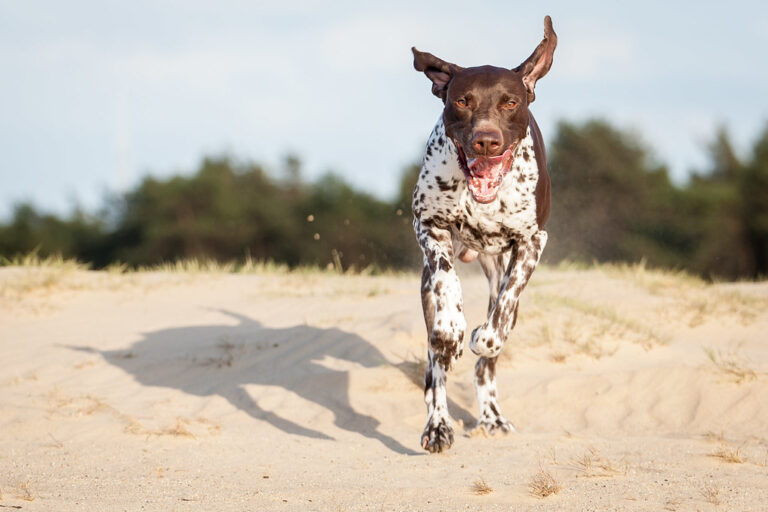15 Ways to Spot and Manage Postpartum Depression In Your Dog

While we often celebrate the miracle of new puppies, we rarely discuss the challenges the mothers face post-birth. Just like human moms, female dogs sometimes also go through postpartum depression. Here is a guide that offers insights into the signs of postnatal depression and practical solutions.
Myth vs. Reality
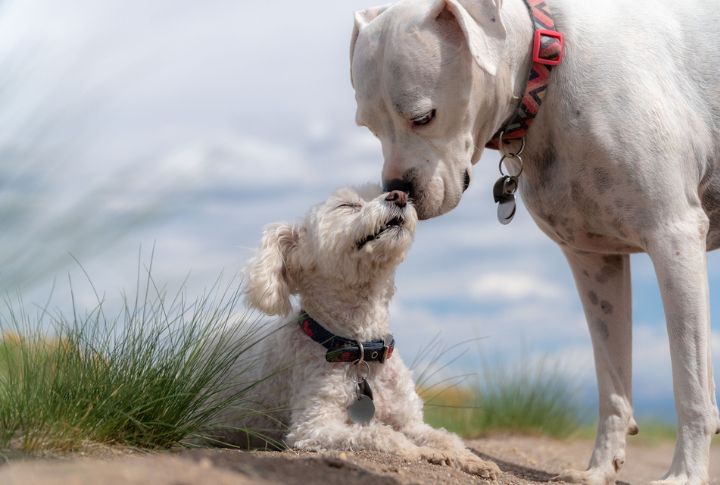
Many pet owners believe dogs instinctively know how to be perfect mothers. In reality, the transition can be tough for them. Dogs’ postpartum depression can often be overlooked or dismissed as bad behavior, causing delayed treatment.
Hormonal Rollercoaster
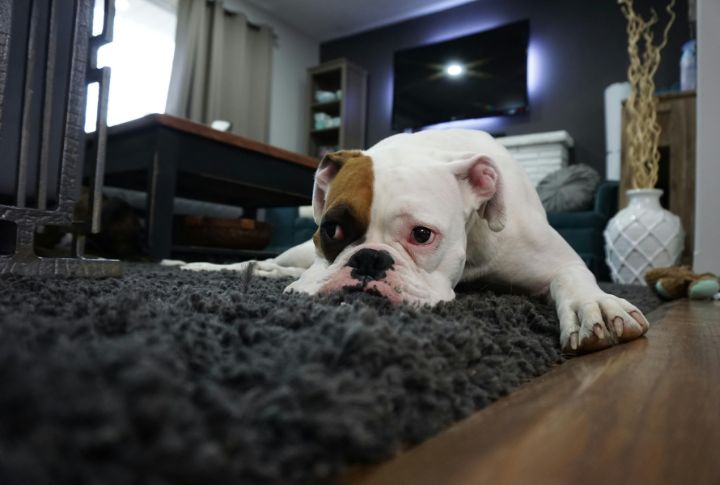
After delivery, a dog’s body goes through significant hormonal shifts. These changes can trigger mood swings and behavioral alterations. The sudden drop in progesterone and rise in prolactin can leave new moms feeling out of sorts.
Spotting the Signs: Appetite Changes
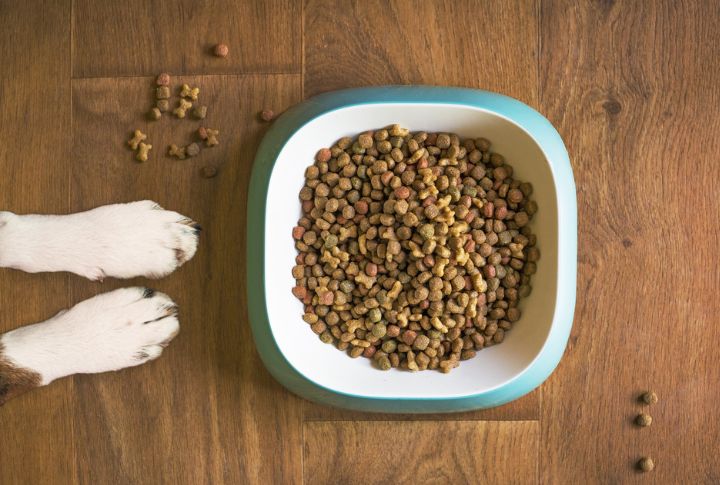
One of the first red flags is a change in eating habits. Some may suddenly lose interest in their meals or overeat due to stress. If you notice such changes, offer tempting, nutrient-rich foods to coax her into eating and regaining strength.
Lethargy and Withdrawal
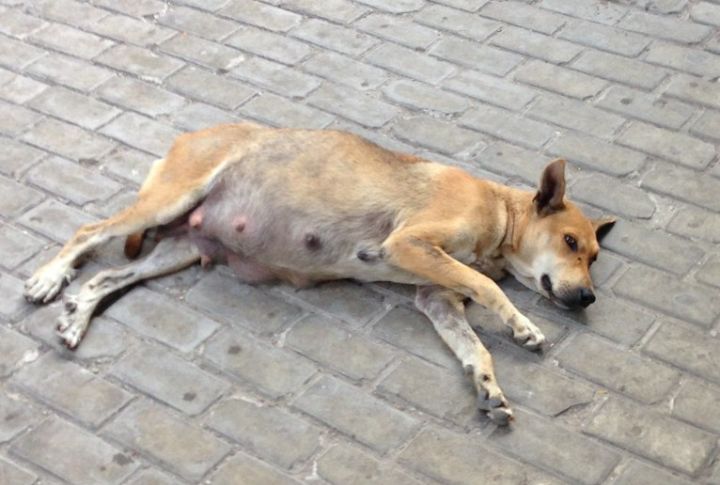
Is your usually energetic pooch suddenly acting like a couch potato? Postpartum depression can zap a dog’s energy and enthusiasm. You might notice her sleeping more than usual or showing little interest in playtime or walks.
Neglecting the Puppies
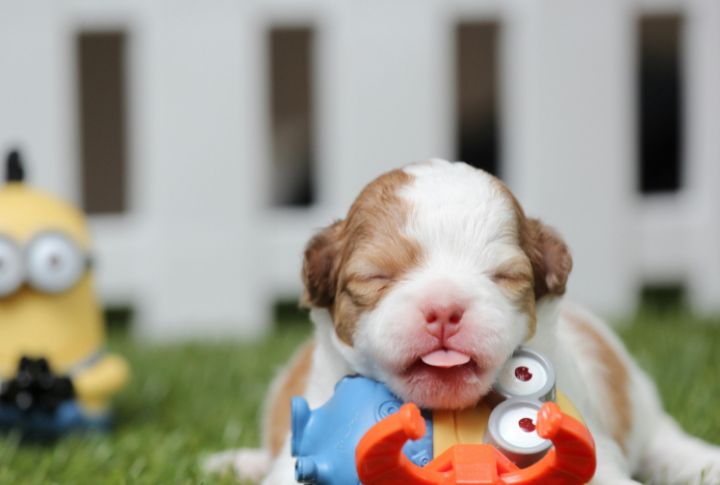
While it might seem counterintuitive, some dogs with postpartum depression may neglect their puppies. This can range from not wanting to nurse to avoiding physical contact with the litter. It’s a heartbreaking sight, but remember, it’s not deliberate.
Aggression or Overprotectiveness
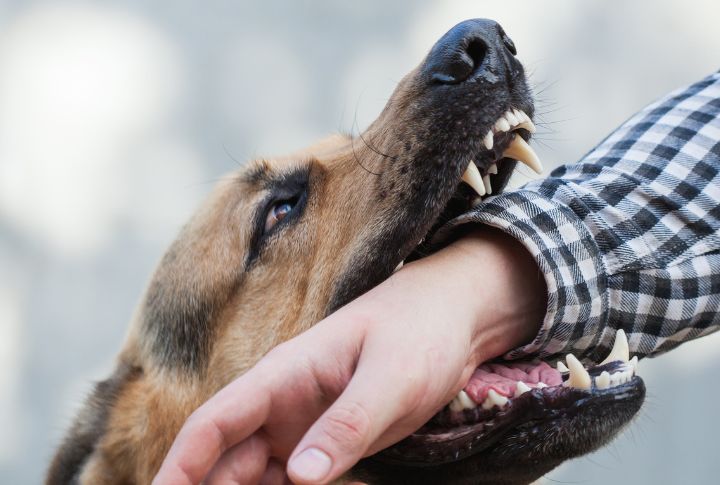
Your once-friendly dog might appear mean or overly aggressive or protective of their puppies. The behavior can extend to snapping at familiar people or other pets in the household. Remember to be patient and understanding.
Physical Symptoms to Watch For
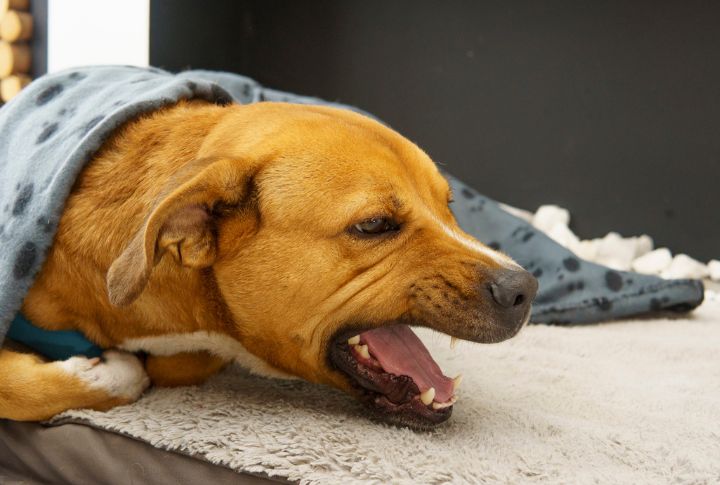
Postpartum depression isn’t just about mood. Physical symptoms can include excessive panting, pacing, or even trembling. Some dogs might experience digestive issues or changes in their coat quality.
Create a Calm Environment

One of the best ways to help your dog is by providing a peaceful, stress-free space. Set up a quiet area away from household hustle and bustle. Soft bedding, dim lighting, and soothing sounds can work wonders.
The Power of Routine
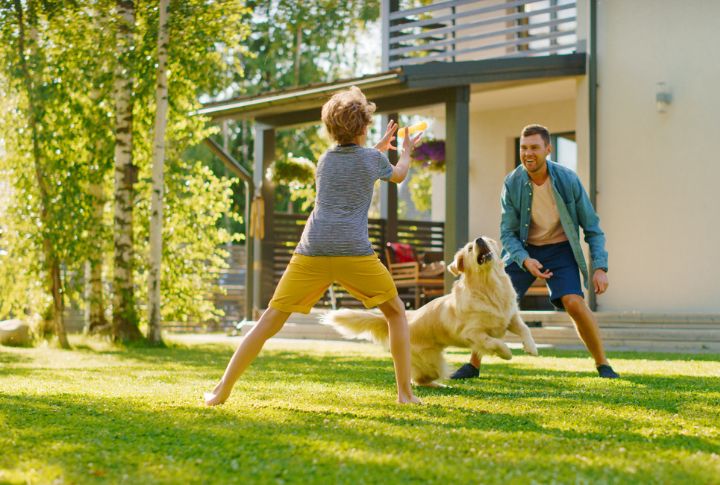
Dogs perform well on routine, and this is especially true for new mothers. Try to maintain orderly feeding times, walks, and playtimes. This consistency helps reduce anxiety and provides a sense of normalcy.
Nutritional Support
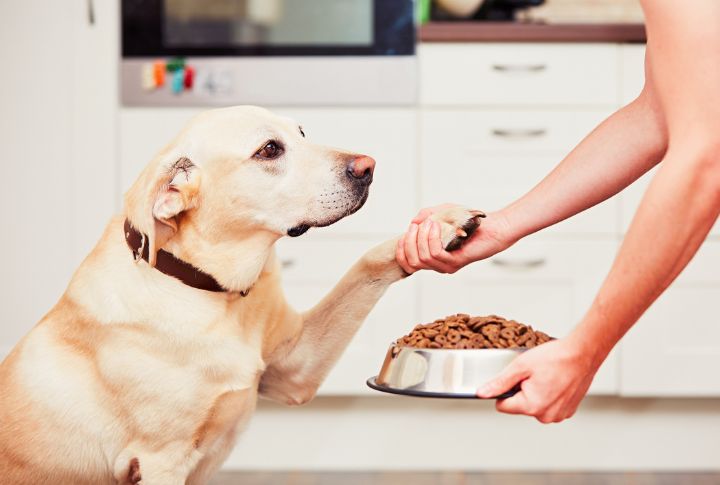
A balanced diet is vital for recovery. Consult your vet about supplements or dietary changes that help balance hormones and boost mood. Some dogs benefit from omega-3 fatty acids or specific vitamins.
Exercise: The Natural Mood Booster
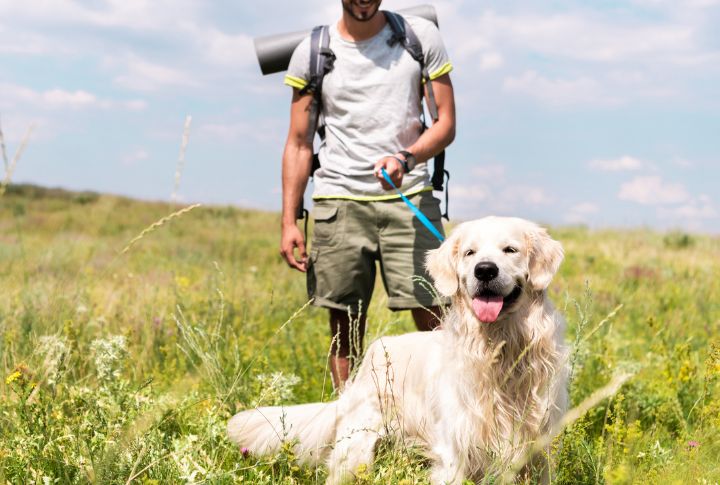
Engaging her in short walks or light play sessions releases endorphins, nature’s feel-good chemicals. Start slow and gradually increase activity levels. That way, you’ll be giving your dog a daily dose of happiness through movement.
Professional Help: When to Call the Vet
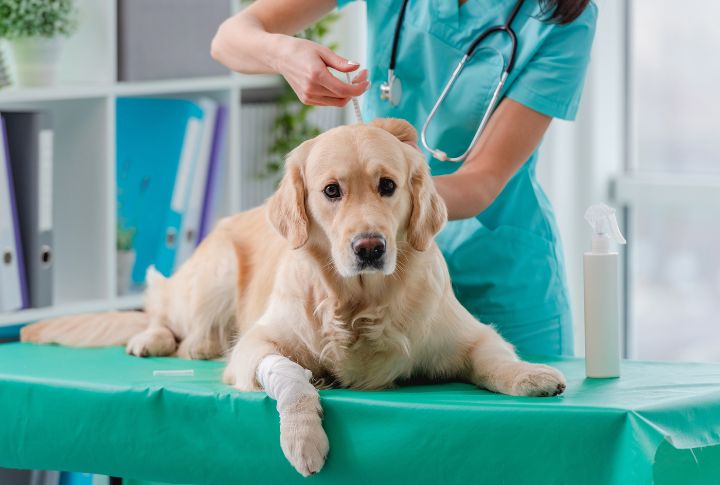
If symptoms persist or worsen, it’s time to bring in the experts. A veterinarian can rule out other health issues and might recommend medications or therapies. They also offer tailored solutions for your dog’s specific needs.
Bonding Activities
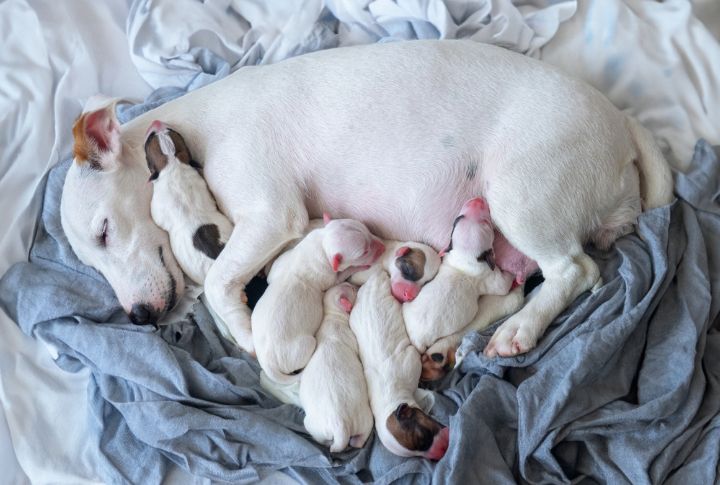
Encourage positive interactions between mother and puppies. Whenever you can, ensure that you supervise playtime or grooming sessions so you can help strengthen their bond and foster positive interaction.
The Role of Socialization
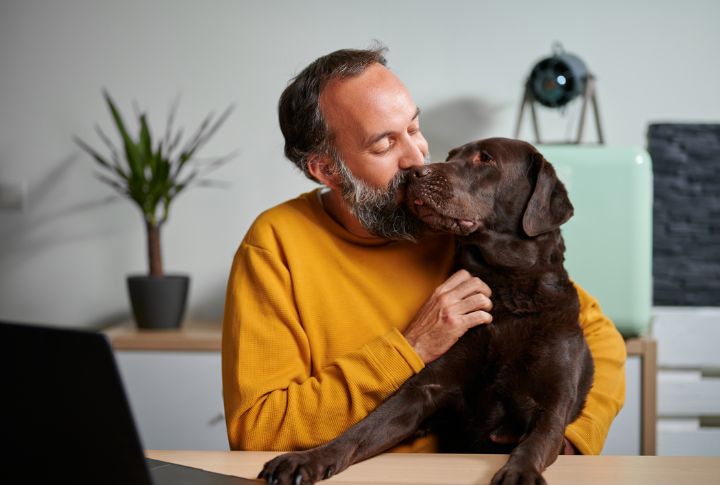
Gradually reintroduce your dog to other dogs or familiar humans. Social interaction can lift spirits and distract from negative feelings. Think of it as arranging playdates for your dog, which gives her something to look forward to beyond puppy care.
Patience and Understanding
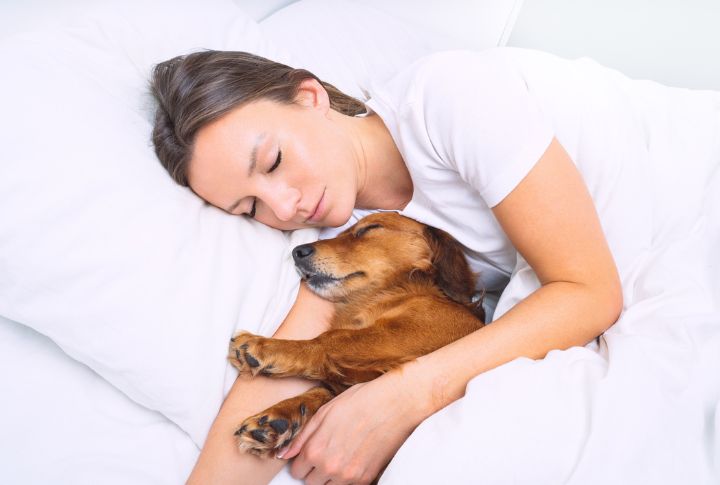
Remember, recovery takes time. Some dogs bounce back quickly, while others need more time and support. Your love and understanding are powerful healing tools. Always celebrate small victories and keep a positive outlook.

